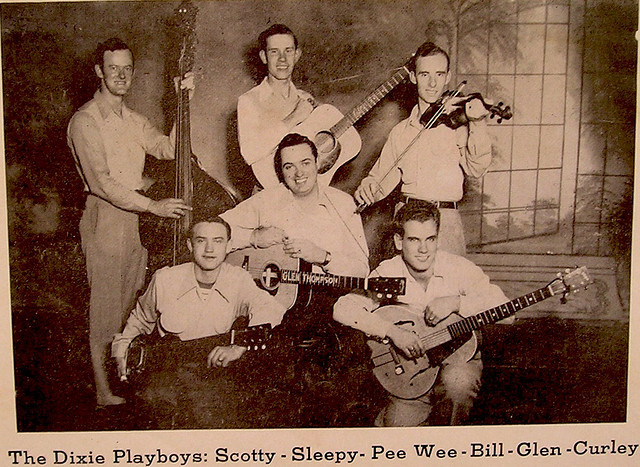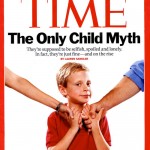In All Things Physical, Stewart Johnson explores the world of sports, exercise, and active leisure.
There are times in life when you have to take a step back and realize things are not as they once were. Technology is continuously advancing, clothing styles are always changing and inevitably it gets more and more difficult to maintain youthful physical health. Well, at least that has been my experience over the past four years.
I spent a large portion of my young adult life in rigorous exercise mostly related some form of athletic training. Generally speaking, it was never a difficult thing to just pick up and run a 5k or play a pick-up game of basketball because it usually came during periods of training where I was in good physical condition. That has drastically changed over the past four years. This can be attributed to two things: a severely herniated disc that eventually required surgery in 2008 and a lazy attitude toward working out. I blamed my lack of any exercise habit more on my back than my lazy heart. Who wants to be honest about being lazy?
In recent days I have been challenged to consider my exercise habits. For one, I am grossly out of shape and my wife is probably getting tired of hearing me complain about it. Secondly, we are about to be welcoming our first child, a boy to be named Jude, into the world in September and I need to be ready to carry some extra weight around! Finally, and most importantly, there is biblical merit for a healthy rhythm of exercise.
This brings me to an interesting predicament: how do we define a “healthy rhythm of exercise?” Paul tells Timothy, “…bodily training is of some value,” and as the Lord has given us physical bodies we are to be faithful stewards of them that God might receive the greatest glory (1 Timothy 4:8). Obviously, exercise is a good thing, but does any type of exercise qualify as providing that healthy rhythm of exercise for the glory of God and a higher quality of life? Should we consider regular swimming in the same category as Olympic weight lifting? What about the high impact of lifting for a sport like football as compared to walking 2 miles a day? What about the extreme emphasis on the physique that accompanies bodybuilding or the “get ripped quick” routines?
Some of these questions are more difficult to answer than others, but it is something that absolutely needs to be considered in light of a gospel-centered perspective. I do believe exercise can honor and dishonor God, but it gets difficult when we start trying to define the parameters between the two. Over the next few weeks and months I will look to analyze different exercise methodologies and put them into practice, all while making an effort to process them through a biblical perspective.











